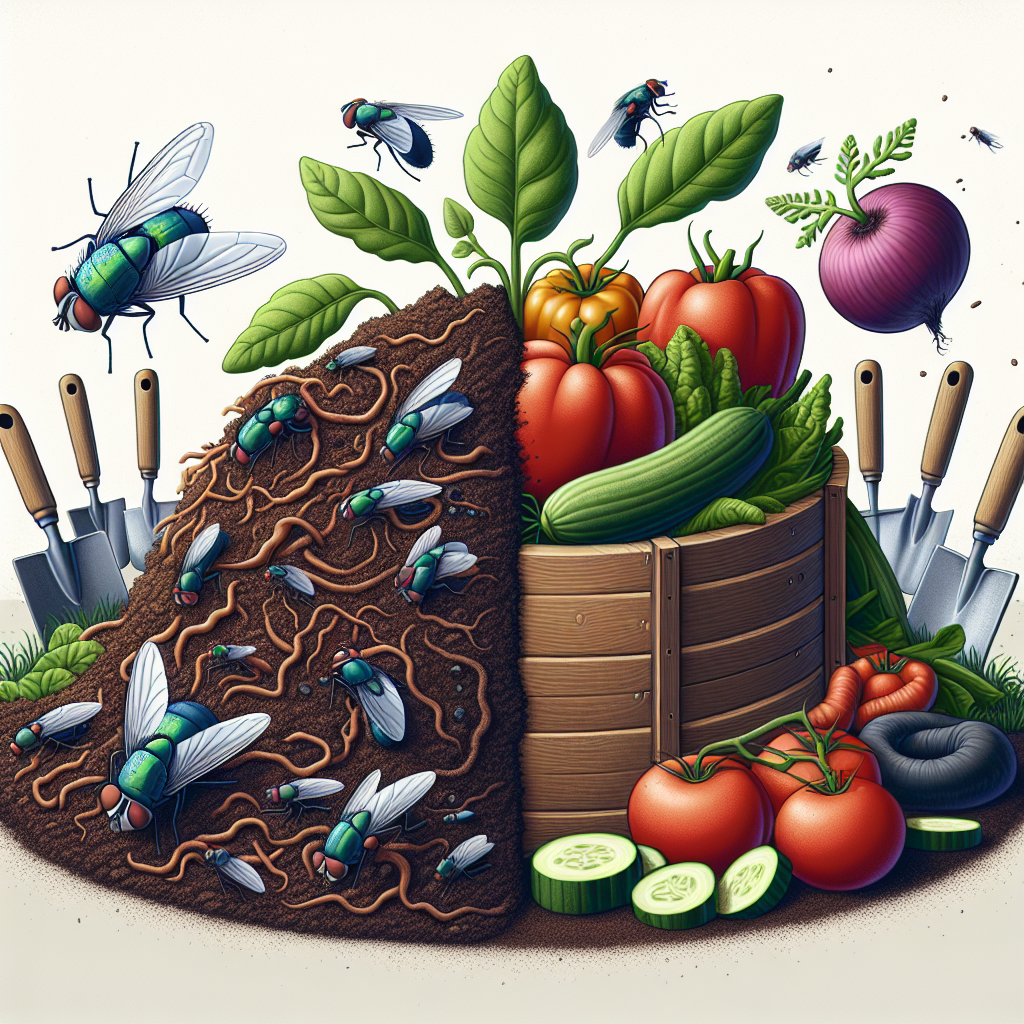Is It Okay To Have Fruit Flies In Compost: Introduction
Imagine a thriving garden, abundant with rich soil and healthy plants. Composting plays an integral role in this ecosystem, transforming our kitchen scraps into nutrient-rich fertilizer. However, as we embark on our composting journey, we may encounter a common concern: fruit flies. While their presence can be initially off-putting, you’ll be delighted to learn that these tiny insects are actually beneficial to your composting efforts. In this article, we will explore is it okay to have fruit flies in your compost pile. So, relax and embrace these buzzing allies, as they work tirelessly to break down organic matter and aid in the decomposition process.
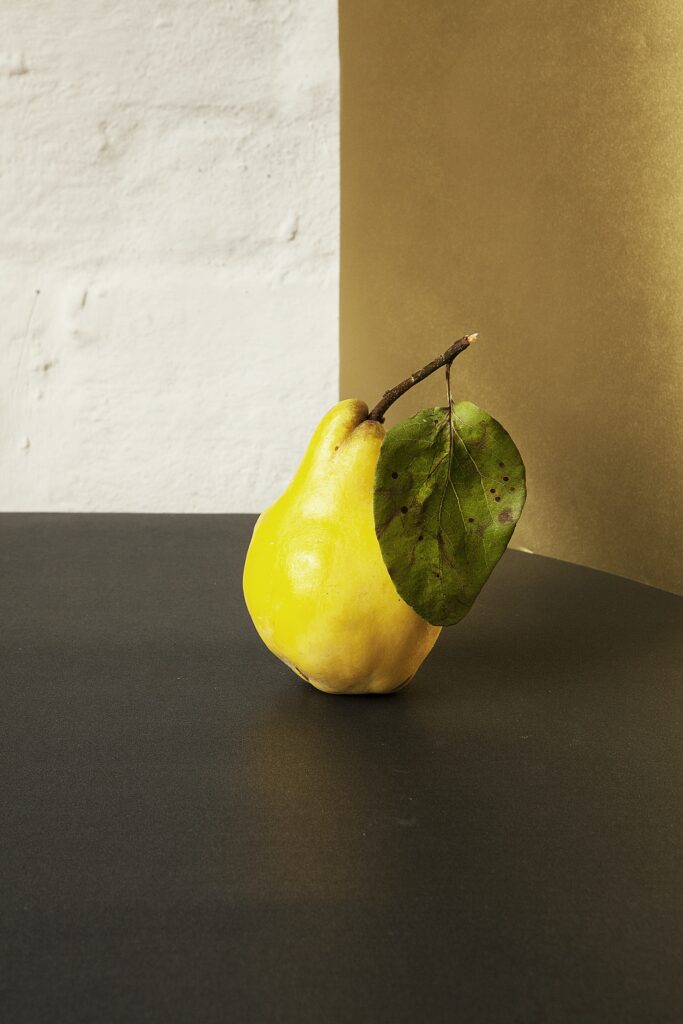
Check Out Our Recommended Composting Products on Amazon Right Here!
Benefits of Fruit Flies in Compost
Enhanced Decomposition Process
While fruit flies may seem like an annoyance, they actually play a crucial role in the composting process. These tiny insects help enhance the decomposition process by breaking down organic matter more quickly. Fruit flies lay their eggs on decaying fruits and vegetables, and as the larvae hatch, they consume and decompose the organic material. Their activity increases the decomposition rate, allowing the compost to transform into rich, nutrient-dense soil faster.
Increased Nutrient Content
Another benefit of fruit flies in compost is the increased nutrient content they contribute to the final product. As fruit flies decompose the organic matter, they release valuable nutrients that enrich the compost. These nutrients include essential elements like nitrogen, potassium, and phosphorus, which are vital for plant growth and overall soil health. By having fruit flies in your compost, you are ultimately enhancing the nutritional value of the soil amendments you will later use in your garden.
Aiding the Breakdown of Organic Matter
Fruit flies are particularly efficient at aiding in the breakdown of organic matter in compost. The larvae of fruit flies vigorously consume and break down decaying fruits, vegetable scraps, and other organic materials. Their active feeding and decomposition process help to accelerate the breakdown of these materials, leading to a faster composting process. Additionally, fruit flies assist in aerating the compost pile by their movement and burrowing, providing essential oxygen for the decomposition process. Their presence ultimately results in a well-balanced and nutrient-rich compost.
Check Out Our Recommended Composting Products on Amazon Right Here!
Is It Okay To Have Fruit Flies In Compost: Managing Fruit Flies in Compost
Maintaining Proper Moisture Levels
To manage fruit flies in your compost, it is essential to maintain proper moisture levels. Fruit flies are attracted to moist environments, so ensuring that your compost pile remains adequately moist, but not overly saturated, can deter these insects. Regularly monitor the moisture content by occasionally checking the compost with your hand. It should feel damp, much like a wrung-out sponge. Adjust the moisture levels by adding water or dry materials accordingly and avoid excessive watering that can create favorable conditions for fruit flies.
Covering the Compost Pile
One effective way to manage fruit flies in compost is by covering the compost pile. A cover helps to create a barrier, preventing fruit flies from accessing the decomposing organic matter. You can use a tarp, burlap sack, or any breathable material to cover the compost. Ensure that the cover is securely placed and tightly sealed to minimize the chances of fruit fly infestations. Not only does covering the compost pile deter fruit flies, but it also helps retain moisture, retain heat, and reduce odors.
Regular Turning of the Compost
Regularly turning your compost is another excellent method to manage fruit flies. Turning the compost pile mixes the materials, helps break them down more uniformly, and allows air to circulate. This process promotes the unfavorable conditions for fruit flies to thrive, as their eggs and larvae will be disturbed, disrupting their life cycle. Aim to turn your compost pile every 2-3 weeks, using a pitchfork or shovel to ensure a thorough mixing of the materials.
Using Fruit Fly Traps
If fruit flies become a persistent issue in your compost, using fruit fly traps can be an effective solution. There are various commercially available fruit fly traps that use attractants to lure the flies and trap them. These traps are often designed to be hung near the compost pile or placed directly on it. Ensure you follow the manufacturer’s instructions when setting up and maintaining the traps. Fruit fly traps can significantly reduce the population of fruit flies, helping to manage their presence in your compost.
Using Natural Predators
Introducing natural predators into your composting area can also help manage fruit flies. Beneficial insects such as parasitic wasps, predatory mites, and nematodes prey on fruit fly eggs, larvae, and pupae, controlling their population naturally. To attract these natural predators, consider planting certain flowering plants like marigolds or installing insect houses to provide shelter. Creating a balanced ecosystem around your compost can help control fruit fly populations without the need for chemical interventions.
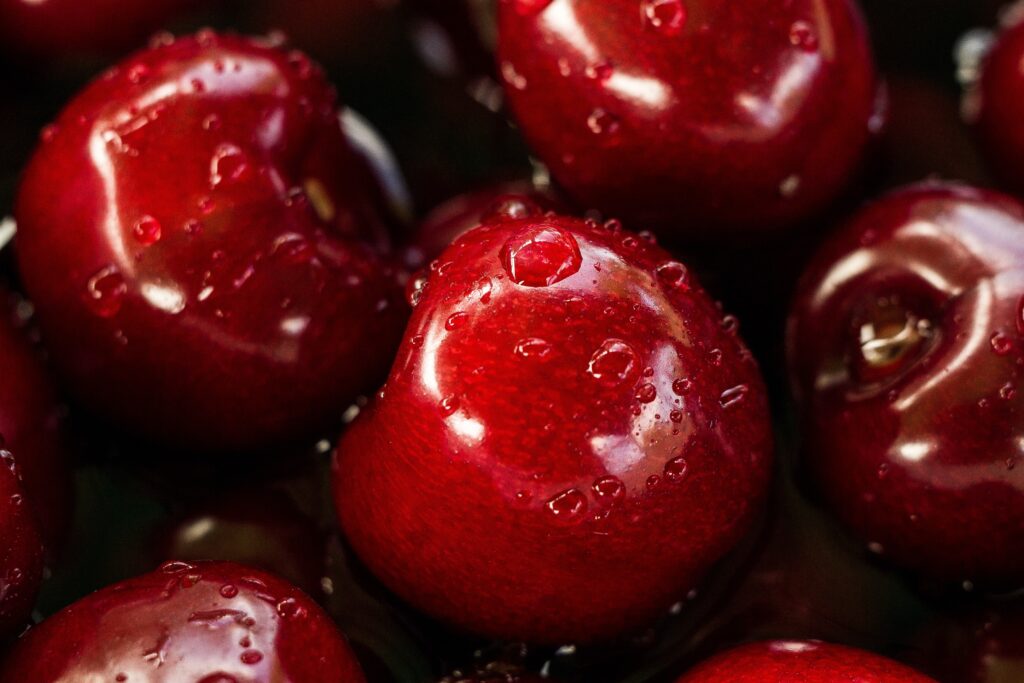
Potential Problems with Fruit Flies in Compost
Fruit Fly Infestations in Living Spaces
One potential problem with fruit flies in compost is the risk of infestations spreading to living spaces. Fruit flies can easily find their way into your home, attracted by the presence of decaying fruits and vegetables. Once inside, they can become a nuisance, buzzing around your kitchen or dining area. While fruit flies themselves do not pose significant health risks, their presence can be irritating. Therefore, it is crucial to manage fruit flies effectively in your compost to minimize their potential spread to your living spaces.
Attracting Other Pests
Fruit flies in compost can also inadvertently attract other pests. The decaying organic matter that attracts fruit flies may also act as a food source for other insects, such as ants or cockroaches. If these pests establish a presence in your compost pile, it can create a more significant nuisance and potentially undermine the composting process. By managing fruit flies effectively, you can reduce the likelihood of attracting other pests to your compost.
Issues for Some Gardeners
For some gardeners, the presence of fruit flies in compost can be troubling. While fruit flies are beneficial to the composting process, they may still be perceived as pests due to their small size and tendency to gather around decomposing matter. This perception can make some gardeners uncomfortable and may discourage them from composting altogether. Proper education about the benefits of fruit flies in compost can help alleviate these concerns and encourage more gardeners to embrace composting as part of their gardening practices.
Transmission of Pathogens
Although the risk is relatively low, fruit flies in compost have the potential to act as carriers of pathogens. They can pick up harmful microorganisms from decaying fruits and vegetables and transfer them to other surfaces, including fresh produce. This risk is more significant in industrial composting operations, where a large volume of organic material is processed. However, in home composting, the chances of pathogen transmission from fruit flies are minimal. Regular inspection and maintenance of compost can help ensure a safe and hygienic composting environment.
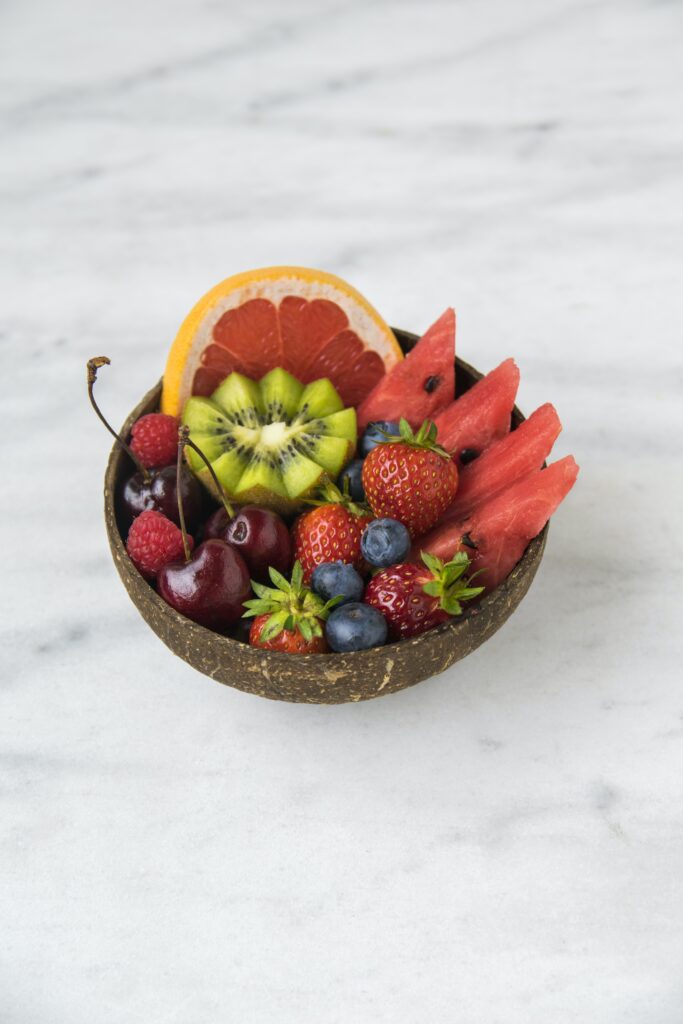
Preventing Fruit Fly Infestations
Removing Overripe or Rotting Fruits
A key measure to prevent fruit fly infestations is to promptly remove overripe or rotting fruits from your compost pile. These fruits are the primary attraction for fruit flies and serve as breeding sites for their eggs. By eliminating these potential food sources, you reduce the chances of fruit flies being drawn to your compost. Dispose of any overripe or rotting fruits in a sealed bag or place them in a separate compost bin away from your main pile to deter fruit flies.
Securing Compost Containers
To prevent fruit flies from accessing your compost, it is crucial to secure your compost containers properly. Choose containers with tight-fitting lids or invest in dedicated compost bins designed to prevent pests from entering. Ensure that there are no gaps or openings that fruit flies can squeeze through. Regularly inspect the containers for any damage or wear and repair or replace as necessary. By securing your compost containers, you create a physical barrier that prevents fruit flies from entering and laying their eggs.
Avoiding Meat and Dairy Products
Fruit flies are attracted to a wide range of organic materials, including meat and dairy products. To deter fruit flies, it is advisable to avoid adding these items to your compost pile. The strong odors emitted by these types of materials can be particularly attractive to fruit flies. Instead, focus on composting plant-based materials such as fruit and vegetable scraps, coffee grounds, tea leaves, and yard waste. By excluding meat and dairy products, you minimize the chances of fruit fly infestations in your compost.
Regular Maintenance and Inspection
Maintaining your compost pile with regular maintenance and inspections is essential to prevent fruit fly infestations. Regularly turn the compost, ensuring that the materials are well-mixed and exposed to sufficient oxygen. This action discourages fruit flies by disrupting their life cycle and creating less favorable conditions for their growth. Additionally, inspect the compost regularly for signs of fruit fly activity, such as swarms or eggs. If you notice any issues, promptly address them by taking appropriate measures to manage fruit flies effectively.
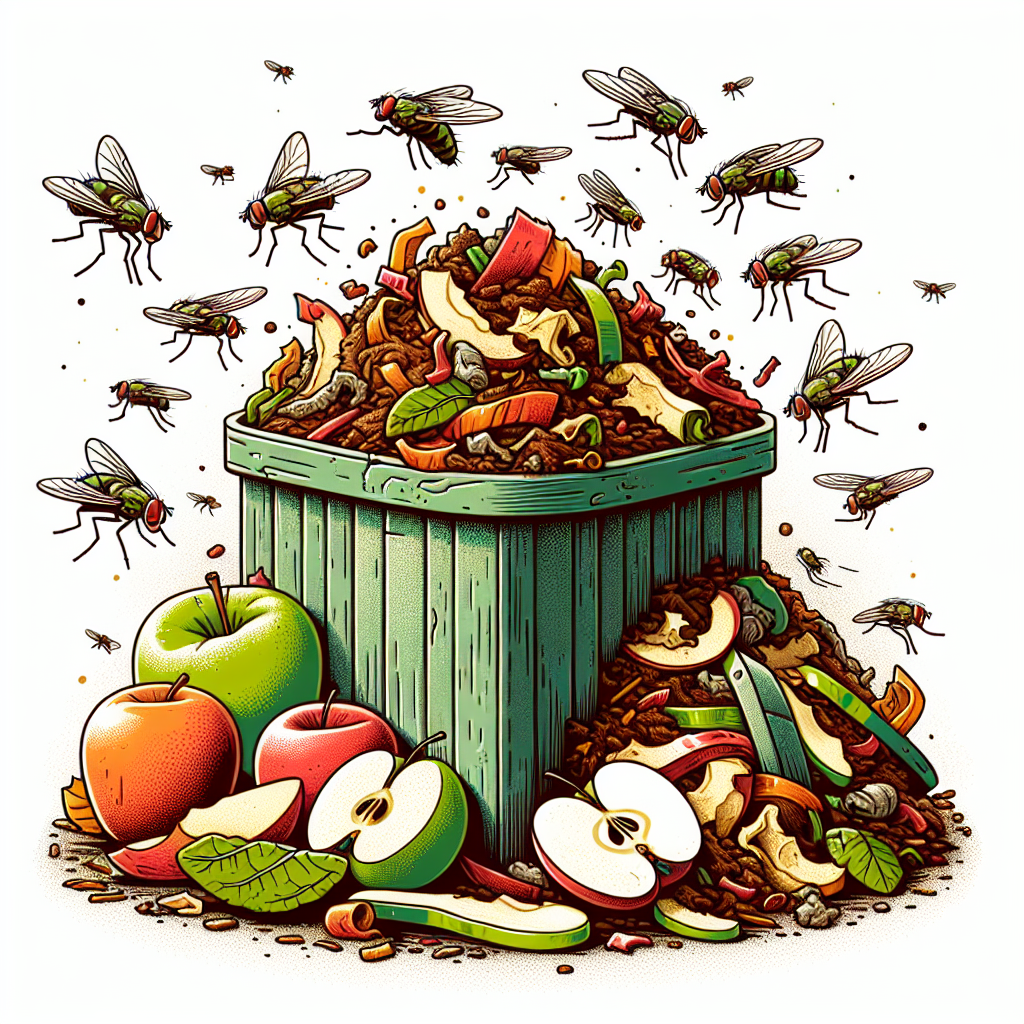
Is It Okay To Have Fruit Flies In Compost: Conclusion
While the presence of fruit flies in your compost pile may initially be a cause for concern, considering the benefits they bring can help change your perspective. These small insects play a vital role in enhancing the decomposition process, increasing nutrient content, and aiding the breakdown of organic matter.
By managing fruit flies effectively through maintaining proper moisture levels, covering the compost pile, regular turning, using traps, and introducing natural predators, you can minimize the potential problems associated with their presence. Remember to regularly inspect and maintain your compost to prevent fruit fly infestations and ensure a safe and successful composting process.
Check Out Our Recommended Composting Products on Amazon Right Here!

